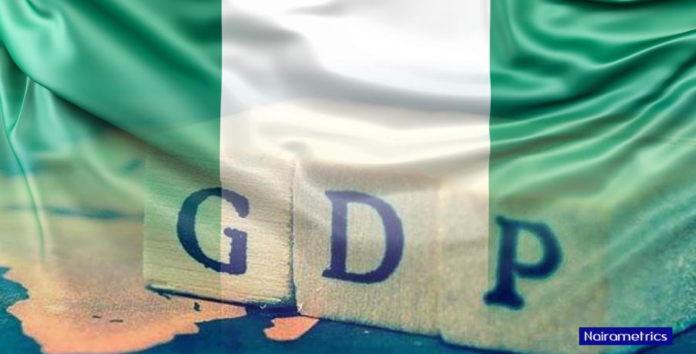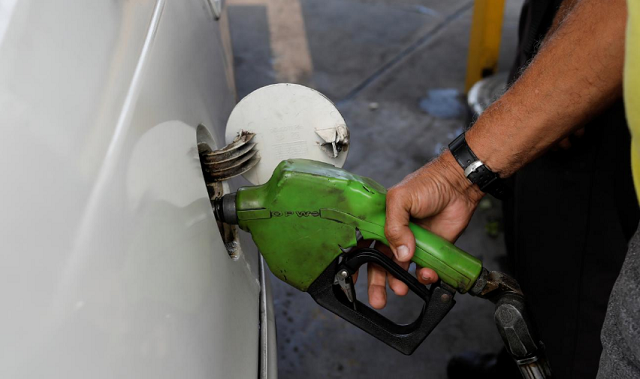Nigeria’s debt-to-GDP ratio increases to 55% as of June 2024, up from 42.4% in December 2023. This significant rise is reported by the Debt Management Office (DMO), indicating that the country’s external debt now stands at $42.9 billion, while domestic debt has surged to N71.2 trillion.
The rise in public debt is driven by factors such as exchange rate depreciation and a boost in domestic borrowing, often at higher interest rates, which contribute to the nation’s increased debt levels in 2024.
Breakdown of Debt Data
Using an exchange rate of N1,505 to $1 as of June 30, 2024, Nigeria’s total public debt is calculated at N135.6 trillion. The country’s GDP for the trailing four quarters, ending in June 2024, amounts to N246.3 trillion, resulting in a debt-to-GDP ratio of 55%. This is a marked increase from the 42.4% ratio recorded in December 2023, when total debt was N97.4 trillion, comprising $42.4 billion in external debt and N59.1 trillion in domestic debt.
Nigeria’s debt-to-GDP ratio, previously one of the lowest in sub-Saharan Africa, is now rising due to factors like currency depreciation and higher local borrowing. This increasing ratio underscores potential risks to fiscal stability, heightening Nigeria’s vulnerability to external economic shocks and placing pressure on public resources.
Despite this upward trend, Nigeria’s debt-to-GDP ratio remains below that of other African nations like Ghana (82.9%), South Africa (72%), and Kenya (70%). However, Nigeria continues to face challenges in meeting debt servicing obligations due to a high debt service-to-revenue ratio.
Escalating Debt Servicing Costs
Debt servicing costs in Nigeria have surged, with payments rising by 39.77% from $2.56 billion between January and September 2023 to $3.58 billion in the same period of 2024. Debt servicing now accounts for 73.97% of total foreign payments amounting to $757.41 million for September alone.
To address the growing fiscal pressures, the federal government announces a proposed 2025 budget of N47.9 trillion as part of its medium-term expenditure framework. This budget will be partly funded by new borrowing of N9.2 trillion, aimed at bridging the projected budget deficit for the next fiscal year.
The government’s fiscal strategy reflects the ongoing effort to balance economic growth and financial sustainability amid rising debt obligations.












